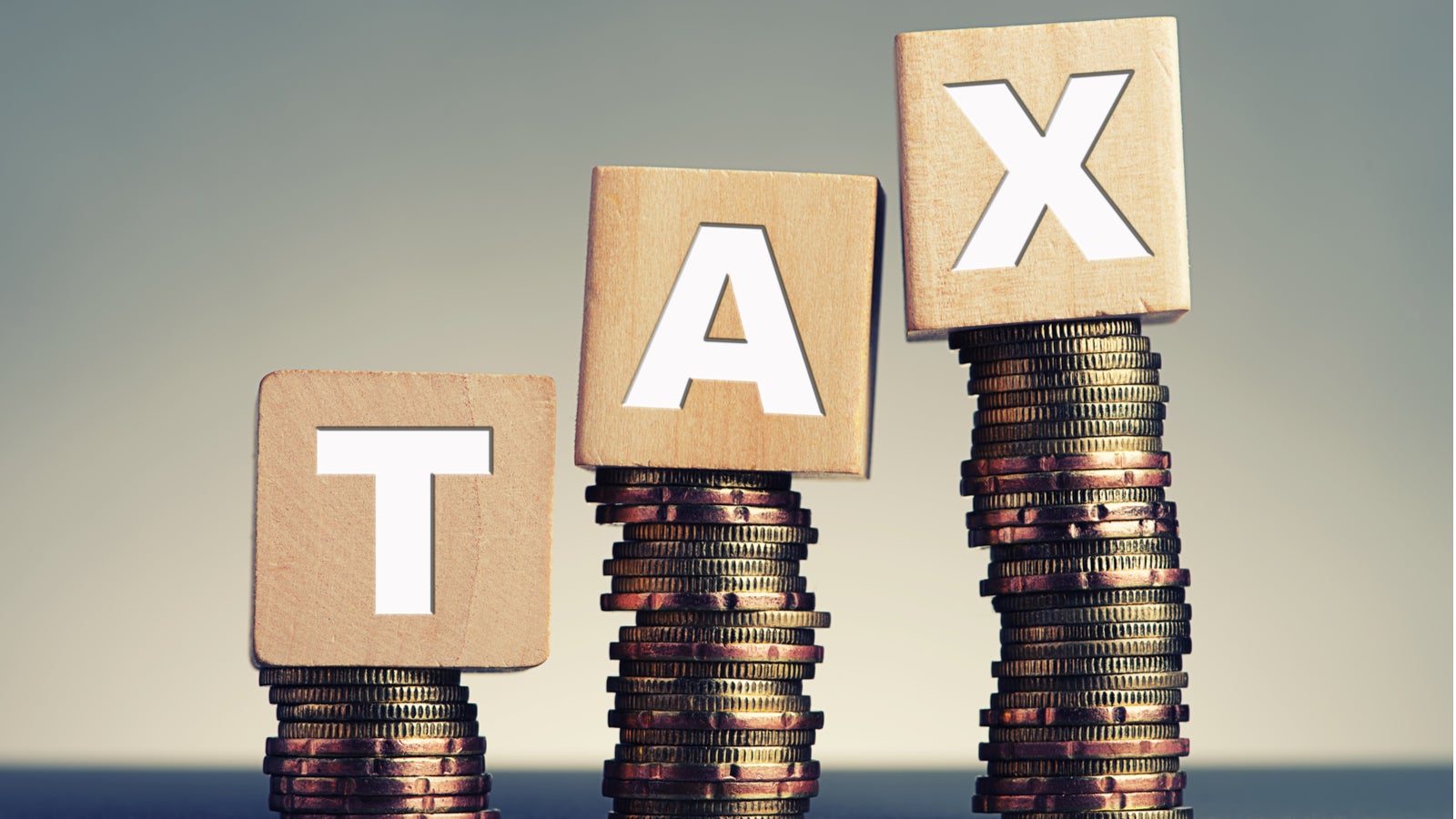
The Association of Accounting Technicians AAT has warned SMEs against the use of unregulated high street accountants and tax advisers and has urged the government to go further to tackle this issue.
The warning comes as AAT publishes the findings of a new survey of its members, with 77% of those surveyed saying they had experienced examples or seen evidence of lower standards of service from unregulated accountants.
Just over two-thirds of respondents (68%) also said unregulated accountants had caused their clients problems in the past. It would also appear that the risks continue to deepen with 44% of those surveyed advising that the impact from unregulated accountants had got worse since the start of the Covid-19 pandemic.
The government is currently consulting on proposals to require unregulated accountants to hold professional indemnity insurance, which AAT has previously described as ‘inadequate’. AAT has responded to the latest HMRC consultation on raising standards in the tax market, arguing that the most effective, simple and fair means of addressing the problem of unregulated advisors is to oblige anyone giving paid for tax advice to be a member of a relevant professional body.
AAT director of professional standards Adam Harper said: “Small businesses are vital to the UK’s economic recovery following the pandemic. Yet many of them are still on a knife edge in terms of their viability – and poor advice from an unregulated high street accountant or tax adviser could plunge them into a dire financial situation, potentially leading them to shut their doors altogether. With our members’ survey showing the widespread impact that unregulated accountants can have on small businesses, we need the government to take decisive action on this issue now. However, their current proposals that would require unregulated accountants to hold professional indemnity insurance simply do not go far enough.
“Mandatory membership of a relevant professional body for anyone offering paid-for tax and accountancy services would put accountancy on a par with professions such as nurses, architects and solicitors – all of whom must be a member of their relevant professional bodies – as well as lowering the number of agent-related complaints to HMRC and addressing issues such as money laundering and tax evasion. This would reduce costs both to individual taxpayers and to the Exchequer as a whole.
How well do you really know your competitors?
Access the most comprehensive Company Profiles on the market, powered by GlobalData. Save hours of research. Gain competitive edge.

Thank you!
Your download email will arrive shortly
Not ready to buy yet? Download a free sample
We are confident about the unique quality of our Company Profiles. However, we want you to make the most beneficial decision for your business, so we offer a free sample that you can download by submitting the below form
By GlobalData“In the meantime, we would caution small businesses to beware of unregulated paid-for tax advice and ensure that their accountant or tax adviser is a member of a relevant professional body, such as AAT. Doing so will help them to reduce the risks of costly financial mistakes that could significantly damage their business, as well as giving them a viable route to raise any concerns if things do go wrong.”
AAT is campaigning for a new legal requirement that anyone offering paid-for tax advice should be a member of a relevant professional body. There is currently no requirement for anyone offering tax and accountancy advice to be appropriately qualified or to be a member of a professional body and, as such, a third of the accountancy sector is effectively unregulated.






